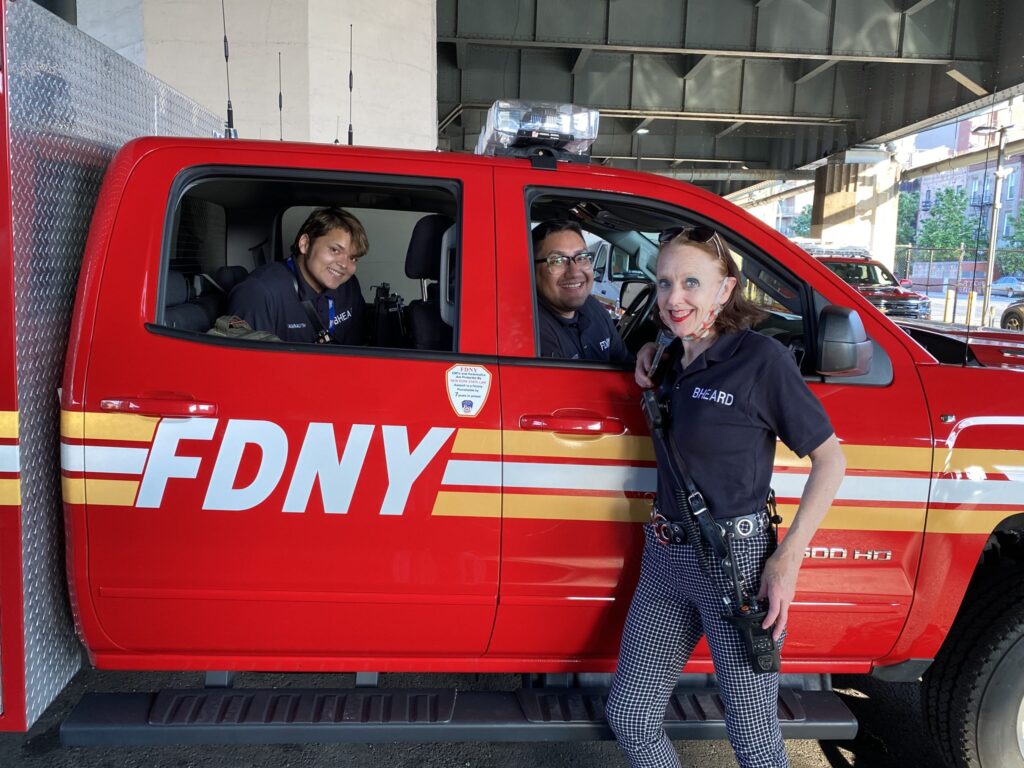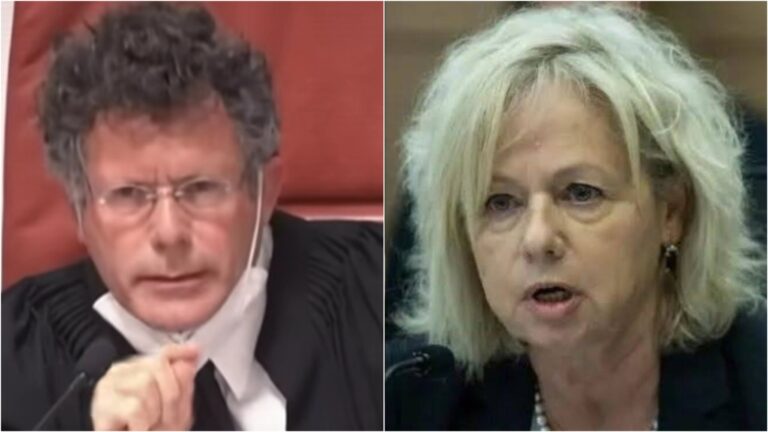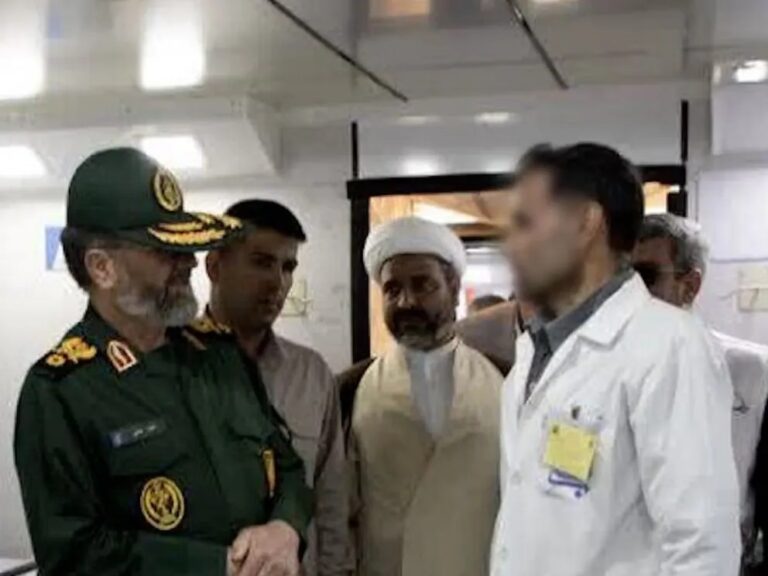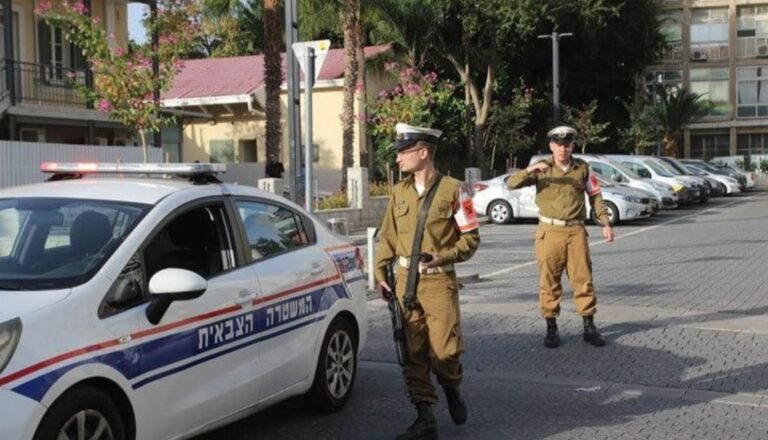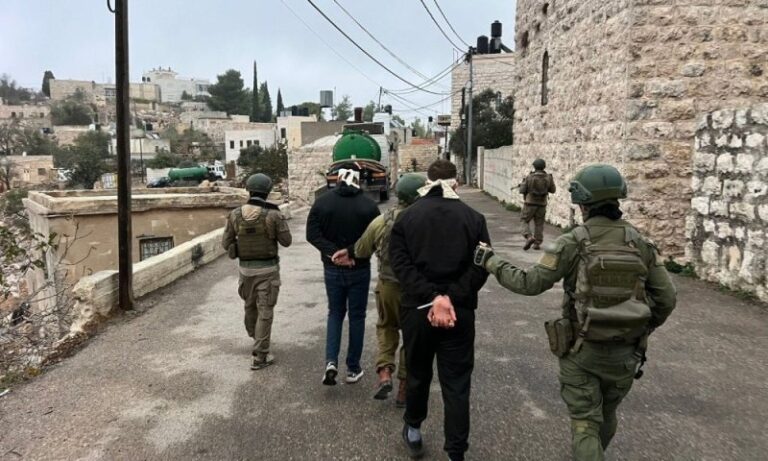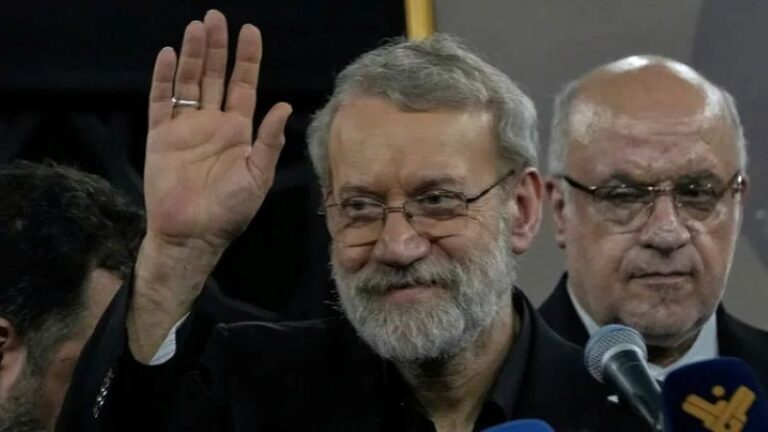NYC Mayor-elect Zohran Mamdani is looking to overhaul New York City’s emergency response system by replacing police officers with social workers on many 911 calls — a central pillar of his proposed $1.1 billion Department of Community Safety (DCS). But the program he plans to expand, the city’s existing B-HEARD initiative, is already showing signs of strain.
B-HEARD, launched as a pilot in 2021, deploys teams made up of FDNY EMTs, firefighters and a social worker to respond to mental-health-crisis calls in select neighborhoods. While Mamdani describes the program as a model for a public-health approach to safety, a May audit by the city comptroller paints a far more mixed picture.
According to the audit, 60 percent of calls routed to B-HEARD were deemed ineligible for a response, often because dispatchers labeled them potentially dangerous or lacked sufficient information. Another 35 percent of eligible calls never received a B-HEARD response at all.
“Calls were considered potentially dangerous, were ineligible because a mental health professional was already at the scene, or were unable to be triaged because FDNY EMS did not take the call,” the comptroller’s office wrote in its findings.
Between fiscal years 2022 and 2024, B-HEARD teams were dispatched on just 24,071 of 96,291 calls. The program currently operates 18 teams across limited areas of the Bronx, Upper Manhattan, central Brooklyn and northwest Queens.
Mamdani wants to dramatically scale that footprint. His DCS blueprint — crafted in part by his newly appointed chief of staff, Elle Bisgaard-Church — calls for stationing at least one crisis-response team in every neighborhood citywide, with up to three units in higher-need areas. The expansion relies on merging B-HEARD and other programs into the new agency, using $605 million in existing funding and raising an additional $455 million.
The mayor-elect argues the new department will “prevent violence before it happens” by treating public safety as a public-health challenge. But the proposal is drawing sharp pushback from law-enforcement groups and public-safety analysts who warn the city may be moving faster than its pilot results justify.
“The devil is in the details, and here the detail is implementation,” Richard Aborn, president of the Citizens Crime Commission of New York City, told the NY Post. “The fact that the program is not reaching people does not tell me it’s unsuccessful; that is a matter of resources. But there are fundamental questions” about when it is appropriate to send mental-health professionals instead of police.
Political strategist Hank Sheinkopf told the Post the concept risks putting both residents and responders in danger.
“Exactly what New York doesn’t need: another government agency with an unmanageable bureaucracy,” Sheinkopf said. “Domestic dispute calls can get violent. That’s the time when you need a social worker? He must be kidding.”
Despite the early warning signs, Mamdani has signaled he intends to proceed, framing DCS as a transformative step toward reshaping public safety. Whether the city council — and the public — will back a billion-dollar reorganization built on a struggling pilot remains a looming question as the mayor-elect prepares to take office.
(YWN World Headquarters – NYC)

